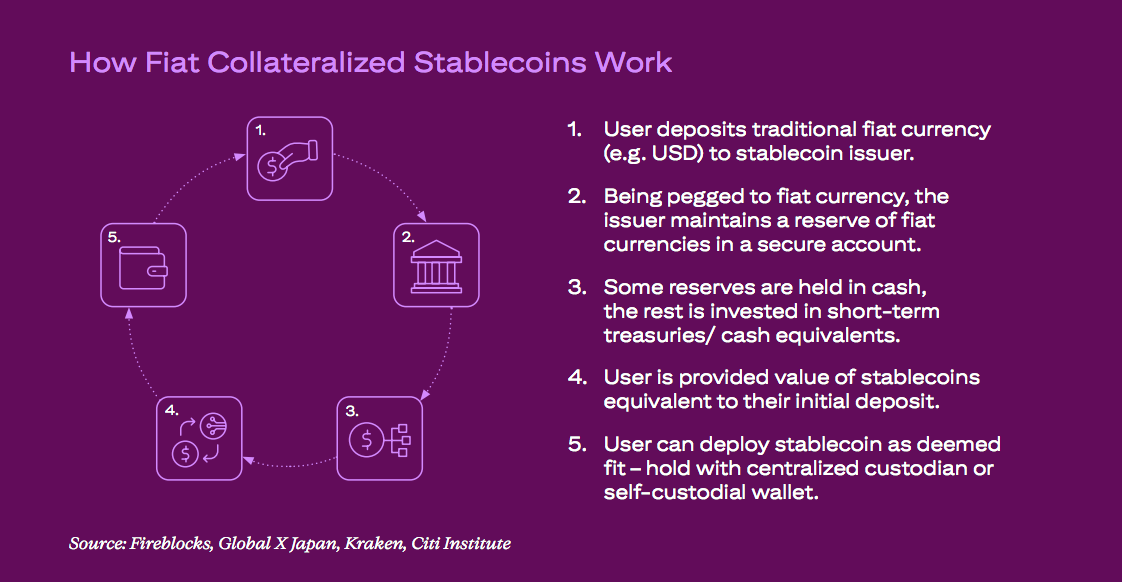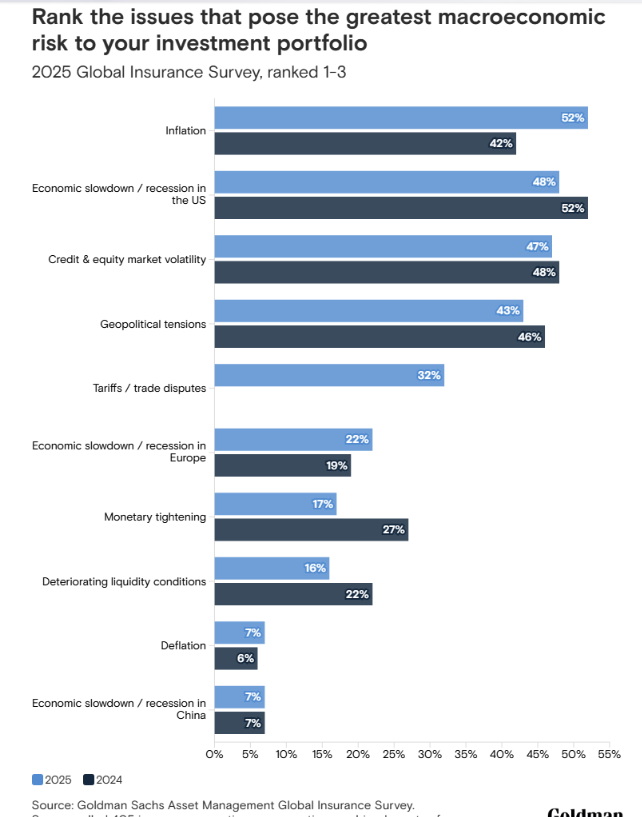Bolton Announces Equity Incentives and Unveils New Technology Tools

Bolton’s 2025 Advisors Conference in Miami can be summed up with the following keywords: growth, strategy, and a culture of collaboration. Bolton’s executives announced an equity participation plan for financial advisors, unveiled new tools in Customer Service (JumpAI), Research (Morningstar Direct Advisor Suite), Portfolio Management (55 IP, BTR 2.0), and an agreement with Amerant, amid a nearly 25% increase in company revenue.
Founder and Chairman Ray Grenier provided a compelling update on the status of Bolton Global Capital. Matt Beals, President and COO, highlighted the new range of products available on the Bolton platform, developed based on questions and requests from financial advisors over the past few months.
The event not only celebrated the firm’s financial achievements but also highlighted its commitment to a distinctive corporate culture, innovation, and strategic flexibility in the changing wealth management landscape.
Record Growth
Bolton Global Capital has achieved notable milestones over the past year. The firm’s revenue increased by 24%. The firm currently has $16 billion in assets under management.
Grenier highlighted that Bolton’s financial advisors enjoy compensation rates nearly 10 percentage points above the industry average, an attractive incentive for both talent retention and acquisition.
These strong results are supported by Bolton’s efficiency ratio, which is twice that of leading independent brokers and five times that of large banks. This operational excellence allows Bolton to maintain generous compensation structures without compromising profitability. The secret? A small but high-performing team and a relentless focus on optimizing workflows and overall costs.
Strategic Pillars for Continued Success
Bolton’s ability to stay ahead in a competitive market is based on six key strategic pillars:
- Attracting Elite Talent
The firm continues to attract top-tier financial advisors, particularly from prestigious institutions such as Merrill Lynch and Morgan Stanley. These professionals bring experience, credibility, and strong client networks.
- Hybrid Business Model
By offering both commission- and fee-based relationships, Bolton caters to a broader range of client preferences than most pure RIA models. This flexibility also allows advisors to offer unbundled or à la carte services, which represents a significant differentiator.
- Advisor-Centric Compensation
High compensation and low overhead costs give Bolton a competitive advantage in recruiting and retaining advisors. This model not only benefits the firm but also ensures that clients receive services from well-compensated and motivated professionals.
- Global Client Reach
Bolton has specialized in serving international clients, offering expedited account openings, multi-currency reporting, and full access to global markets. This specialization fills a gap that many US firms have not addressed.
- Investment in Technology
Bolton’s adoption of AI-based tools improves everything from client communication to regulatory compliance. Key platforms include:
o Wealth Management GPT for client engagement
o Jump AI for real-time note-taking
o ComplySci for compliance monitoring
o Morningstar Direct Advisor Suite for investment analysis
- Scalable Growth Model
These strategies have positioned Bolton to double its revenue every four to five years, a rare achievement in today’s financial services industry.
Fee-Based vs. Fee-Based Models: A Balanced Perspective
Grenier’s remarks shed light on one of the industry’s most relevant debates: the future of fee-based versus fee-based models. Although fee-based accounts continue to grow, the shift is gradual—around 1% annually—and the majority of assets at major institutions are still managed under transaction-based models.
From Bolton’s perspective, the dichotomy between fiduciary and best interest standards is largely academic. Instead, the firm embraces a hybrid model, allowing advisors to offer the most appropriate structure based on client needs. Furthermore, Bolton eliminates platform fees on fee-based businesses, in contrast to many competitors who charge between 5% and 10%.
This flexible model not only maximizes client satisfaction but also broadens Bolton’s appeal as a recruiting firm by supporting diverse advisory styles.
Shareholder Engagement: Long-Term Alignment
Ray Grenier announced the Bolton Equity Ownership Program. Designed to foster long-term alignment, the program allows eligible advisors to acquire company stock at a 25% discount if the company is sold, merged or goes public through free options (warrants). Advisors with at least $100 million in assets under management (or $150 million for teams) are eligible for the program.
1,000 warrants are issued annually—linked to the advisor’s performance and contribution—offering the opportunity to acquire up to 10% of Bolton’s equity. The value of these warrants is currently estimated at $5 million to $8 million and continues to increase along with the company’s valuation.
The structure promotes loyalty, rewards performance, and reinforces the firm’s goal of remaining independently owned, a rarity in an environment increasingly marked by mergers and consolidation.
Strategic alliance with Amerant Bank: enhancing global client services
Bolton’s recent alliance with Amerant Bank adds an additional layer of sophistication to its international offering. This wholesale banking relationship provides a full range of services to non-U.S. clients, including:
- Personal and business bank accounts
- ACH transactions and check issuance
- Debit and credit card solutions
- Portfolio and mortgage loans
- Standby letters of credit
Clients can open accounts in person or remotely via Zoom or Teams, and most importantly, financial advisors retain control of the client relationship. A non-compete clause further protects client trust by preventing Amerant from soliciting them directly.
This alliance effectively fills the gaps left by BNY Mellon’s platform and significantly enhances Bolton’s ability to serve its international clientele.










